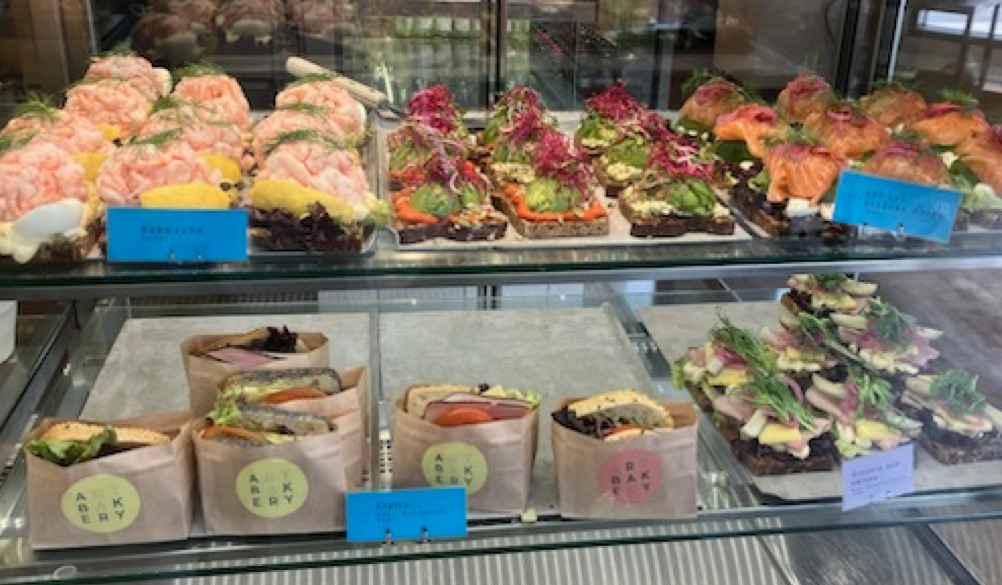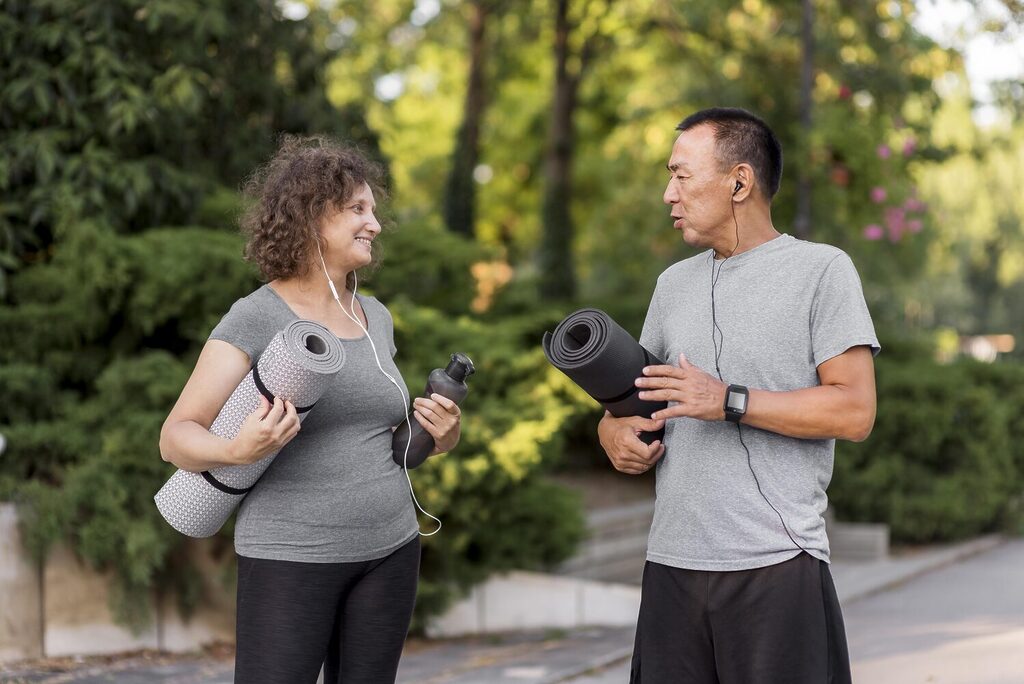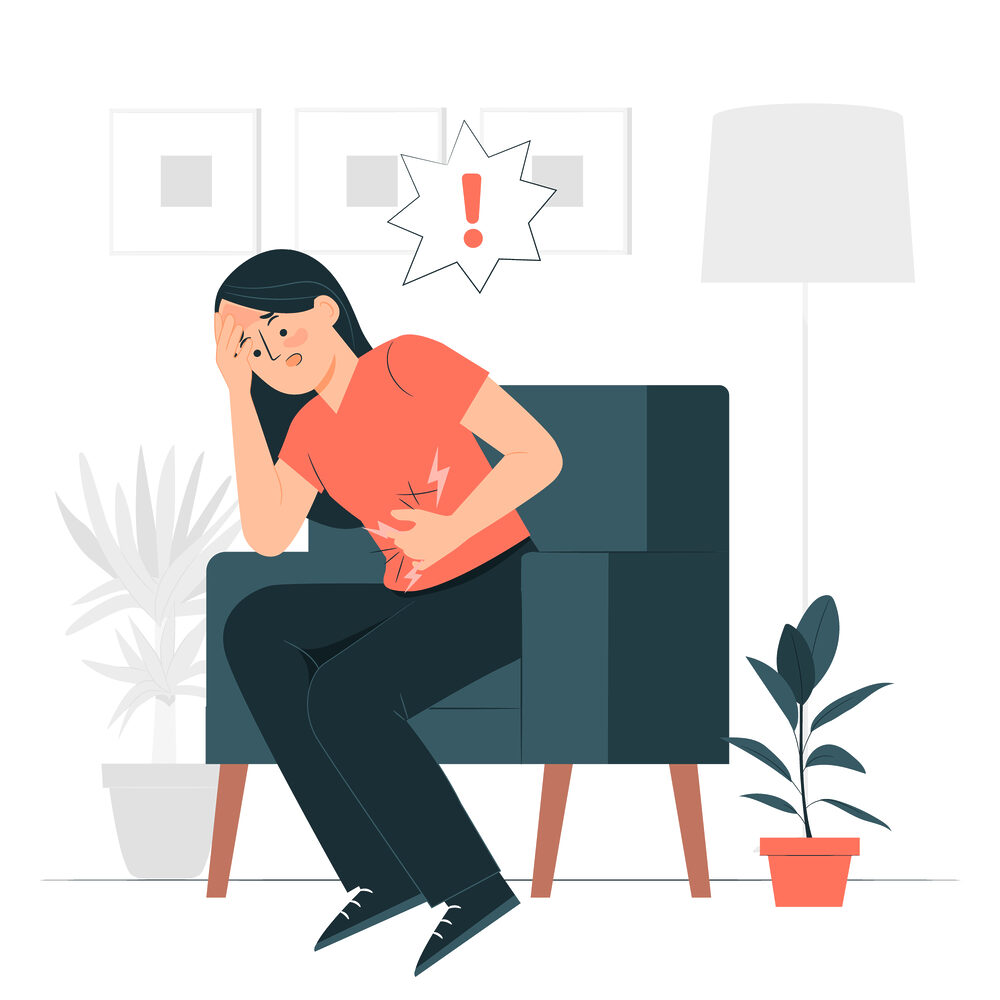In many countries around the world, the hygiene of both water and food may pose an important health risk. In fact, traveler’s diarrhea is the most common illness affecting travelers who are visiting certain countries. Luckily, with these practical tips, we hope to help you have a stress and worry-free trip!
Who is at risk?
Although anyone can get sick while travelling, some people are particularly at risk and must pay closer attention to their food choices. These people include infants, children, pregnant women, elderly, as well as those with diabetes, renal insufficiency, gastrointestinal issues (IBS, crohns, celiac’s etc..) and individuals who are immunocompromised.
Which countries pose a risk for foodborne illness?
Countries posing a greater risk of infection include Central and South America, Mexico, Africa, the Middle East and Asia.
There is a moderate risk in Eastern European countries and some parts of the Caribbean while risks are much lower in Northern and Western Europe, Australia, New Zealand, Japan, the United States and Canada (however, one of the dietitians on our team has gotten food poisoning in the USA!)
Our recommendations for a worry-free trip
If you are in a country that poses a greater risk or are an individual who may be at higher risk of developing complications from foodborne illness and poisoning, we recommend you follow these simple tips.
Tip #1: Cook your food!
Many organisms get killed by heat, which is why cooking or boiling your food is a safer approach.
Tip #2: Avoid the salad bar
Any item that is served cold, especially in a buffet or salad bar, has a greater chance of having been manipulated by unsanitary hands. This increases the risk of transmitting a pathogen that may make someone sick.
Additionally, fresh produce is often washed with the local water supply. If you are in an area where drinking the water is not recommended for your health, you may want to avoid any fresh and raw fruit and vegetables that do not have a peel that you can remove yourself. Think salad, cut up veggies, tomatoes, berries etc.…
Tip #3: Keep your hands clean
For your own health as well as the health of others, keeping your hands clean is extremely important. If you have no running water, keep a hand sanitizer with at least 60% alcohol with you.
Tip #4: Think twice before buying from a street vendor
Given the suboptimal sanitary conditions of street vendors, risks of foodborne illnesses are particularly higher. If you are buying from a street vendor, make sure that hot foods are kept in a heated compartment and are served hot, and that all cold items are refrigerated.
In case of any doubt, it is best to avoid it all together.
Tip #5: Know which foods you should always avoid
Although cooking destroys many microorganisms, some toxins are not destroyed by heat. Luckily, we know which foods have a greater chance of containing these toxins, and we recommend that you always avoid them during your vacation.
Food to avoid:
- All dairy products, unless boiled or processed at high temperatures
- Any soup that is cold or warm
- All meat, poultry or seafood that is raw, undercooked or served warm.
- All mollusks (clam, oysters, snails, scallops, octopus, squid)
- Raw or undercooked eggs
- Any melon (water, which could be contaminated, is often injected inside melons to increase their weight)
- Cream pastries
We hope this helps – have a great trip!



